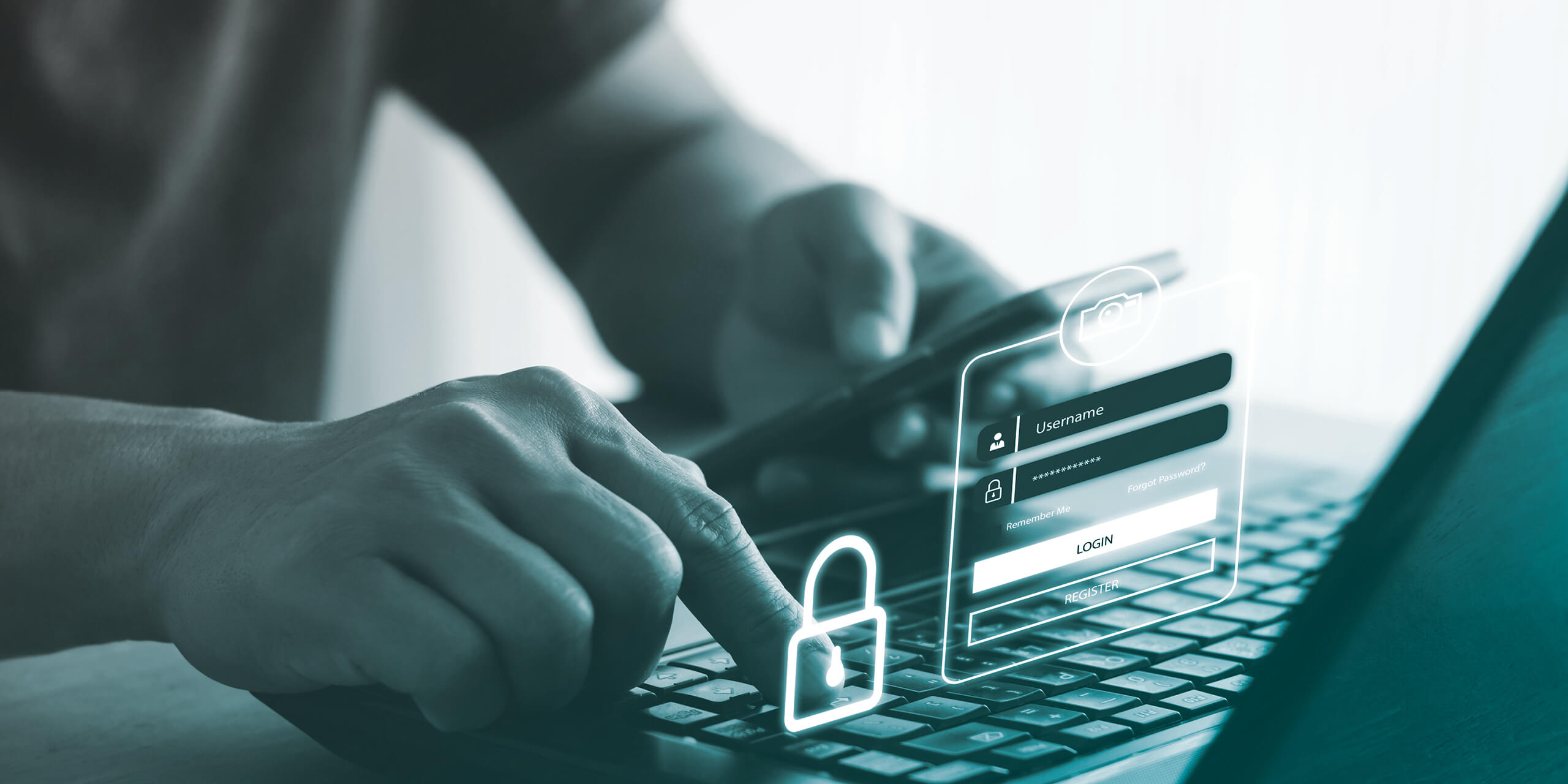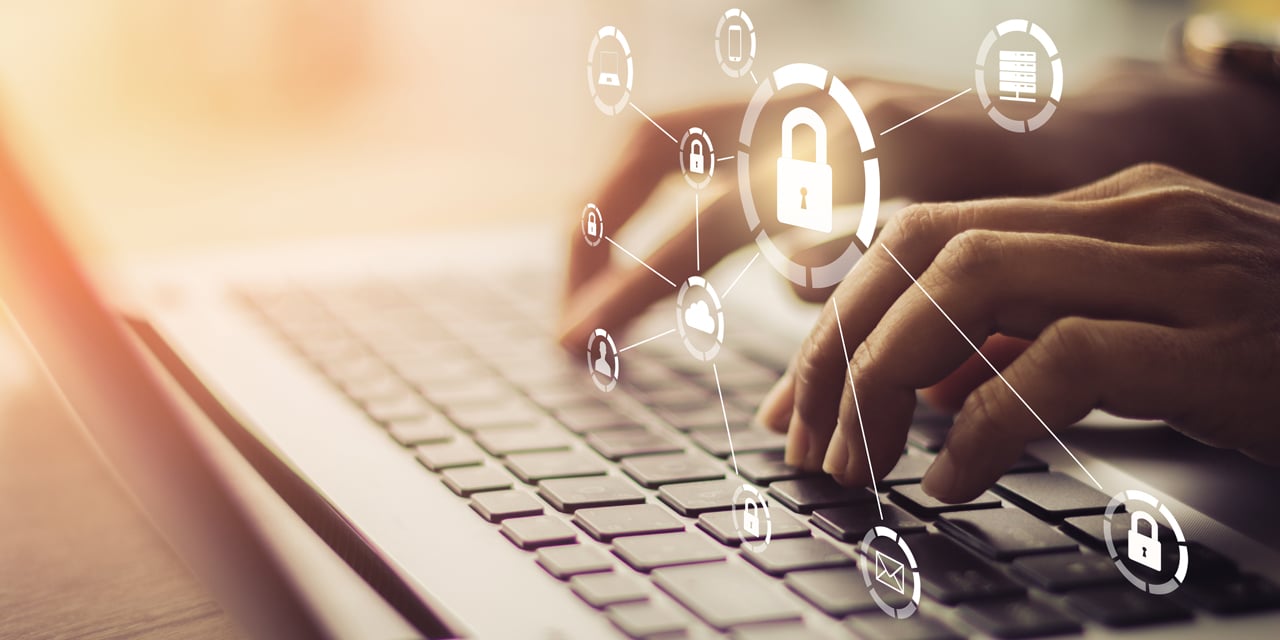
Staying Safe in an Online World
According to the Federal Trade Commission, a new instance of identity theft is reported every 2 seconds. Here are a few reminders on how to stay safe in an online world.
Safeguard Your Personal Information
- Cybercriminals can use your Social Security number to create a new identity. Take a moment and ask how your personal identifiable information will be used before disclosing it.
- Every online account should have its own unique password, so thieves who break into one can’t access them all. Use simple phrases to create longer, more complicated passwords.
- Be thoughtful about what you share on social media. Wait until after vacation to post any pictures, and don’t participate in online quizzes that ask for personal information.
Safeguard Your Documents
- Thieves can use old financial and tax documents to steal your identity. Shred what you no longer need.
- Cybercriminals love old online accounts: They contain personal data but are often less secure. As best you can, delete orphaned accounts you no longer use.
- Check your financial statements frequently and contact your banking institutions if anything looks out of place.
Safeguard Your Electronic Communications
- Don’t use public computers or Wi-Fi to conduct sensitive transactions. Use a VPN or Hotspot instead, and keep your device’s antivirus software and operating system up-to-date.
- Be wary of any email or text urging you to take action by clicking a link. If you think a request is legitimate, go to the sender’s website or app or contact them offline.
- Before recycling or disposing of old computers or smartphones, fully wipe all data.
When it comes to staying safe in today’s world, a little forethought can go a long way. For more about these and other identity protection strategies, reach out to your Baird Financial Advisor.
The information offered is provided to you for informational purposes only. Robert W. Baird & Co. Incorporated is not a legal or tax services provider and you are strongly encouraged to seek the advice of the appropriate professional advisors before taking any action. The information reflected on this page are Baird expert opinions today and are subject to change. The information provided here has not taken into consideration the investment goals or needs of any specific investor and investors should not make any investment decisions based solely on this information. Past performance is not a guarantee of future results. All investments have some level of risk, and investors have different time horizons, goals and risk tolerances, so speak to your Baird Financial Advisor before taking action.



